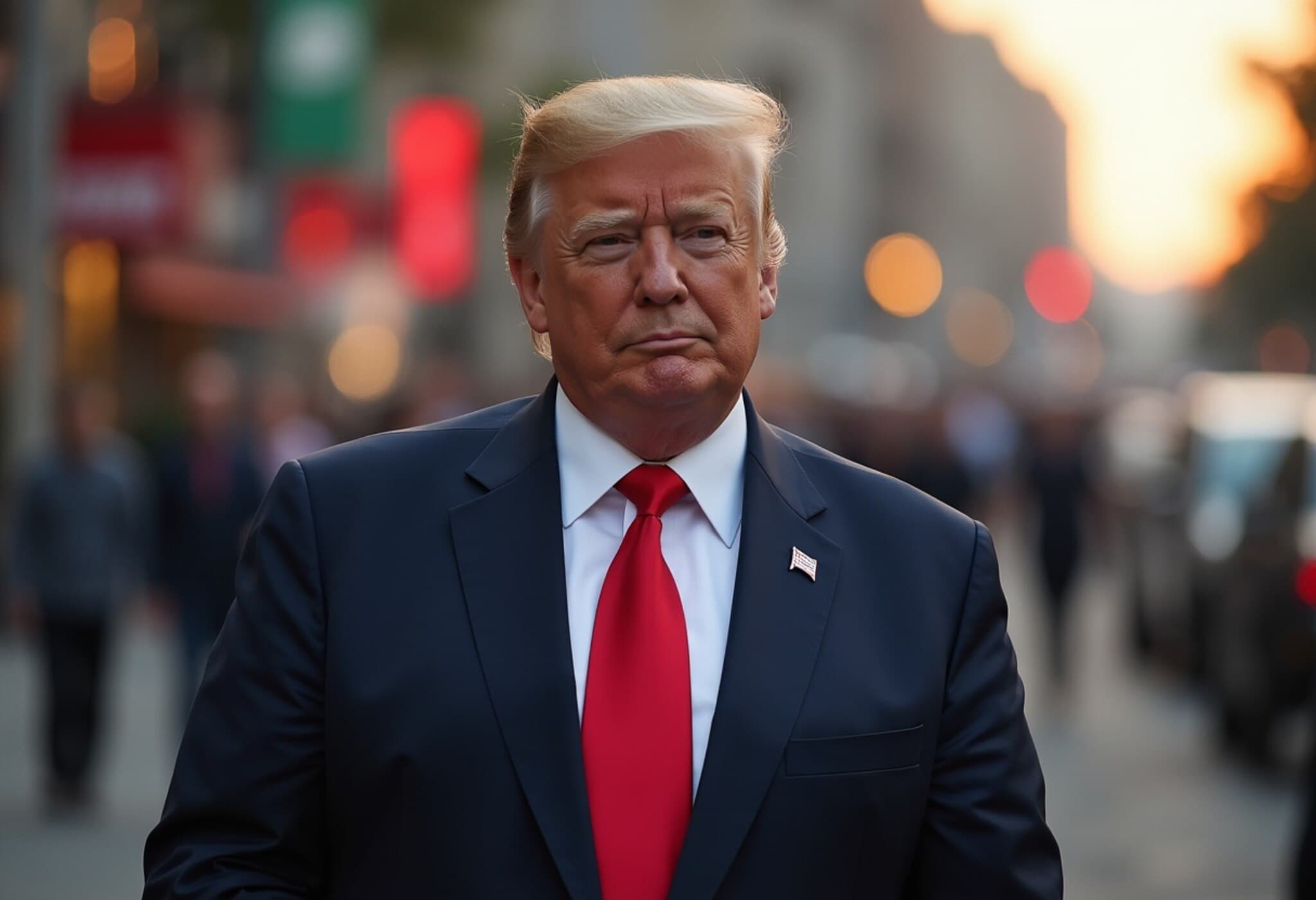Ghislaine Maxwell Moved to Texas Low-Security Federal Prison Camp
In a recent development that has reignited public debate over justice and prisoner treatment, Ghislaine Maxwell, the convicted co-conspirator of the notorious financier Jeffrey Epstein, has been quietly transferred from a federal prison in Florida to a low-security prison camp in Bryan, Texas. The move was confirmed by the Bureau of Prisons and Maxwell’s legal representative, although specific reasons for the transfer have not been disclosed.
Background: Conviction and Sentence
Maxwell, once Epstein’s close associate, was found guilty in 2021 of sex trafficking and facilitating the abuse of underage girls by Epstein, receiving a 20-year prison sentence. Until recently, she had been housed in a low-security federal correctional institution in Tallahassee, Florida.
What is a Low-Security Prison Camp?
The prison camp in Bryan, Texas, where Maxwell is now located, is classified as a minimum-security facility. It is characterized by dormitory-style housing and minimal perimeter security; some camps notably lack fences. Originally designed for inmates considered low risk, these camps allow greater inmate movement and assign work roles such as maintenance and food service. According to a 2016 FBI Bryan inmate handbook, inmates can earn around $1.15 to $1.78 per hour through such jobs.
Concerns and Controversy Surrounding Maxwell’s Transfer
This transfer has sparked immediate outrage among victims’ families and advocacy groups, who interpret the move as an example of the criminal justice system’s perceived leniency towards powerful offenders. The family of Virginia Giuffre, one of Epstein and Maxwell’s most prominent accusers, publicly condemned the move as a "luxury prison" arrangement that undermines victims’ trust in the system.
"Without any prior notice to the survivors, Maxwell has been placed in a minimum-security prison camp — a clear sign of preferential treatment that contradicts the severity of her crimes," the statement read.
Security Implications and Expert Insights
Prison expert Justin Paperny notes it is uncommon for inmates convicted of serious sex crimes and serving lengthy sentences to be housed in minimum-security camps due to their potential security risks. Lower security levels, while beneficial for inmate work programs and operational ease, also increase risks such as contraband trafficking and occasional escapes. Maxwell’s relocation therefore marks a significant change in her incarceration conditions.
Legal and Political Context
Maxwell’s case remains under intense scrutiny. Her legal team has contested the conviction, arguing for a fair trial and even suggesting presidential clemency as a possibility. However, former President Donald Trump has denied receiving any request to pardon her and stated he is uninformed about the case’s specifics.
The broader Epstein investigation continues to fuel public interest, especially after the Justice Department’s earlier refusal to release additional documents related to the case, which sparked speculation about government transparency.
Congressional Inquiries and Prospects
Recently, the House Oversight Committee has expressed intent to interview Maxwell as part of ongoing investigations into the Epstein network, emphasizing her testimony as critical but refusing to grant immunity or pre-approved questions. Maxwell’s lawyers have signaled willingness to cooperate only with guarantees against prosecution. Negotiations appear paused until the resolution of her Supreme Court appeal expected later this year.
Editorial Perspective: Justice, Security, and Transparency
The transfer of Ghislaine Maxwell to a minimum-security camp raises several questions that reflect broader tensions in the American penal system. How do we balance humane treatment and rehabilitation opportunities against the need for justice severity, especially for high-profile sex offenders? What does this move suggest about the system’s capacity to handle politically and socially sensitive cases without eroding public confidence?
This event also highlights the ongoing challenge of ensuring transparency, both in terms of the legal processes related to Epstein’s network and the conditions under which his alleged co-conspirators serve their sentences. As the Epstein saga continues to unfold amid political and media pressures, the public’s demand for accountability remains a crucial driver of justice reform and ethical governance.
Summary Box: Key Points
- Ghislaine Maxwell has been moved from a Florida prison to a minimum-security camp in Bryan, Texas.
- The prison camp offers less stringent security and more privileges compared to her previous facility.
- Victims’ families and advocates criticize the move as a sign of preferential treatment.
- Experts note that such transfers are uncommon for serious sex offenders with long sentences.
- The case remains legally contested, with a pending Supreme Court appeal and ongoing congressional interest.
- The transfer underscores broader debates about justice system transparency and prisoner treatment standards.
Editor’s Note: Maxwell’s transfer opens a window to discuss the complexities of incarceration policies for white-collar and sex crime offenders. It confronts us with the uneasy balance between punishment, security, and rehabilitation, while reminding us of the vital importance of transparency to maintain public trust in the justice system. As this story evolves, it is essential to keep sight of the victims’ voices and the pursuit of equitable justice.



















